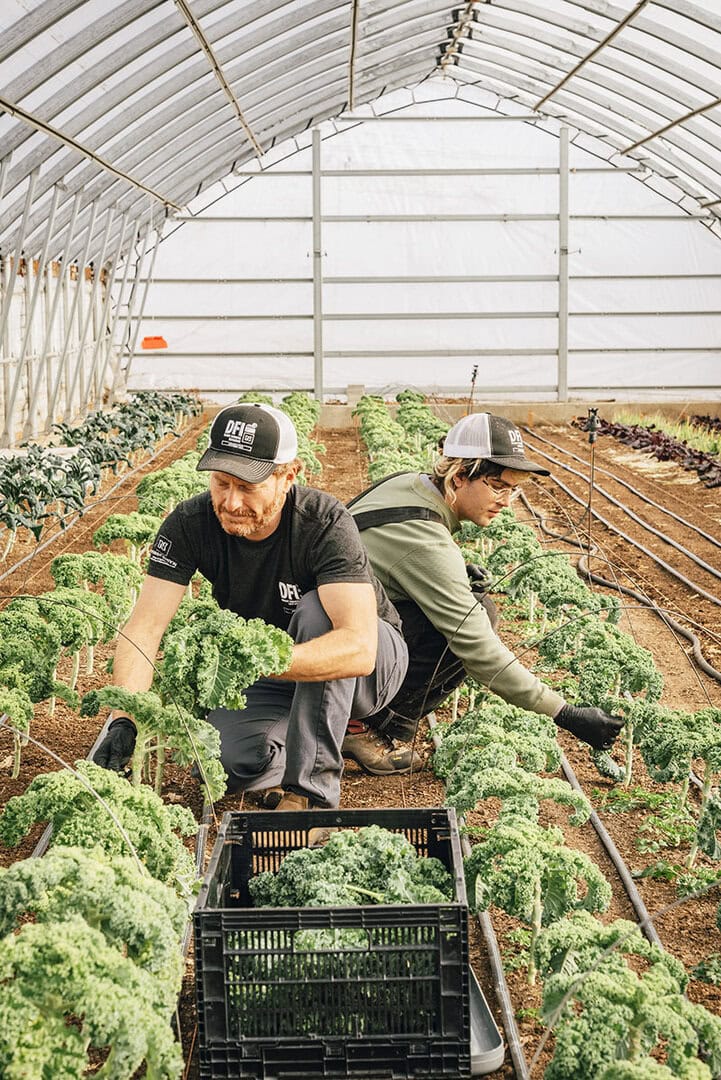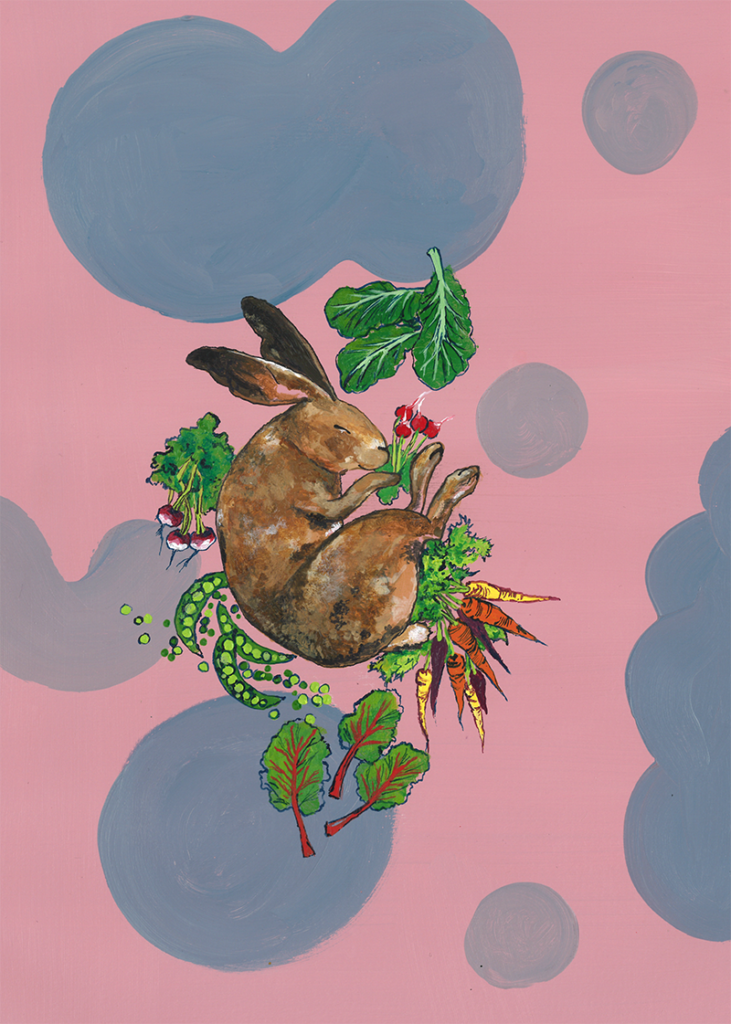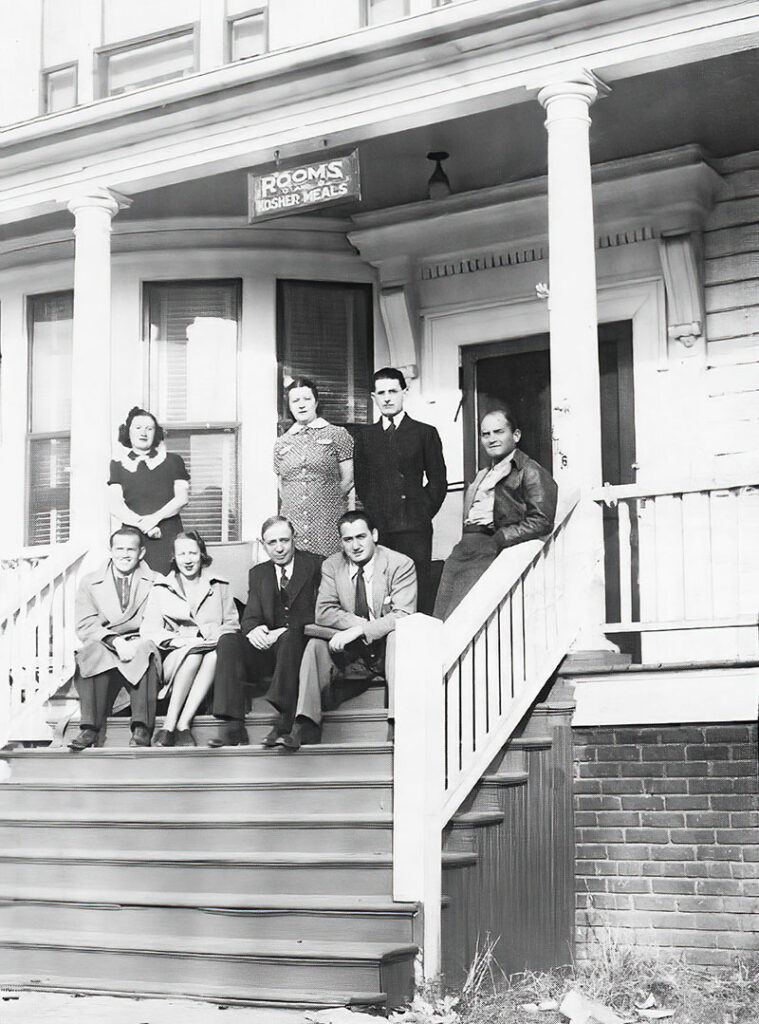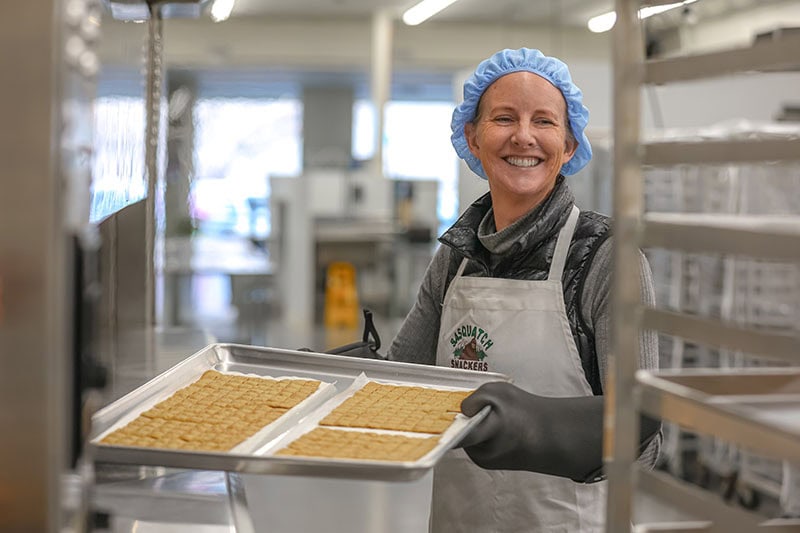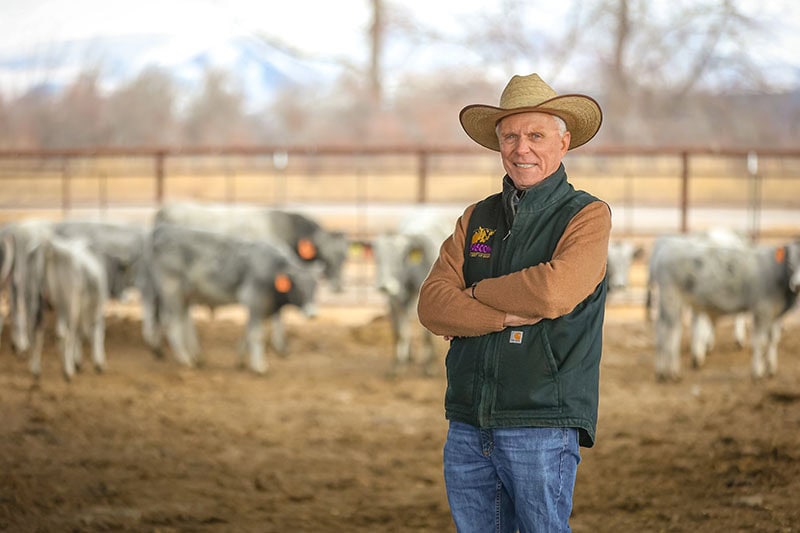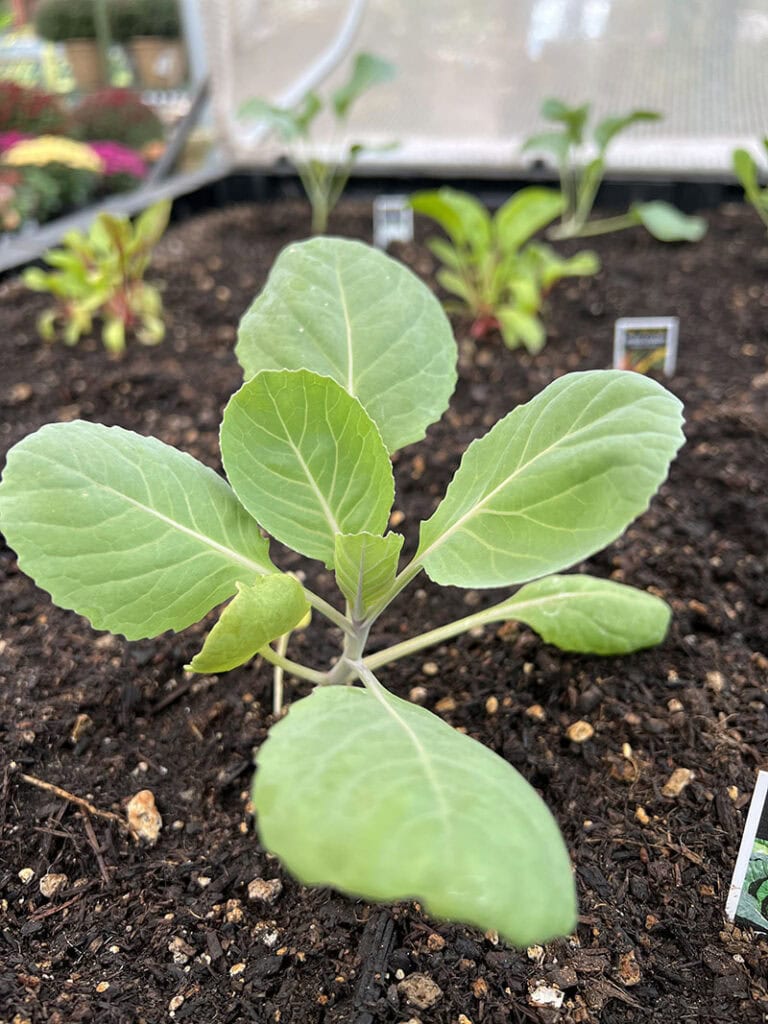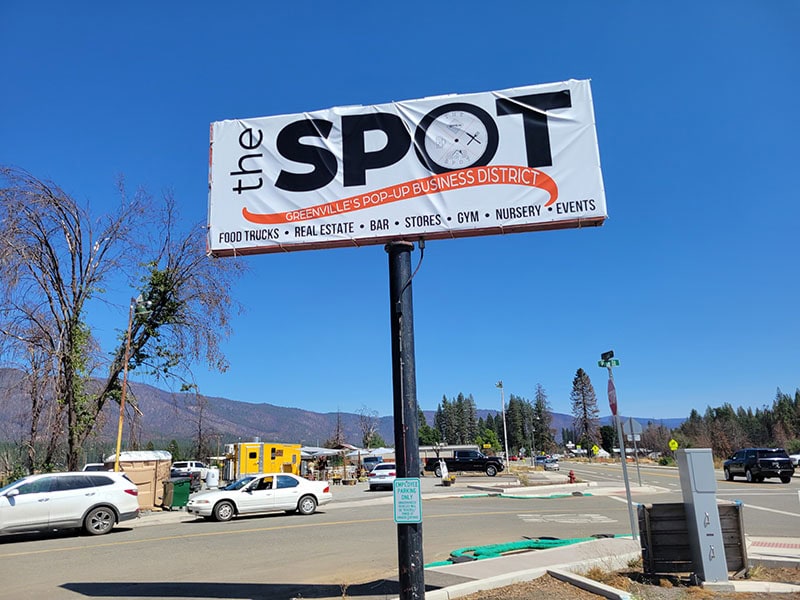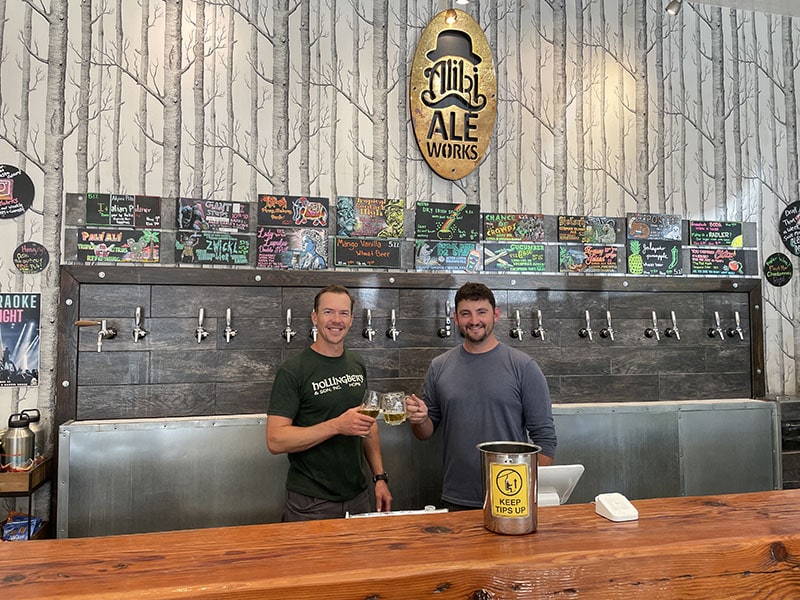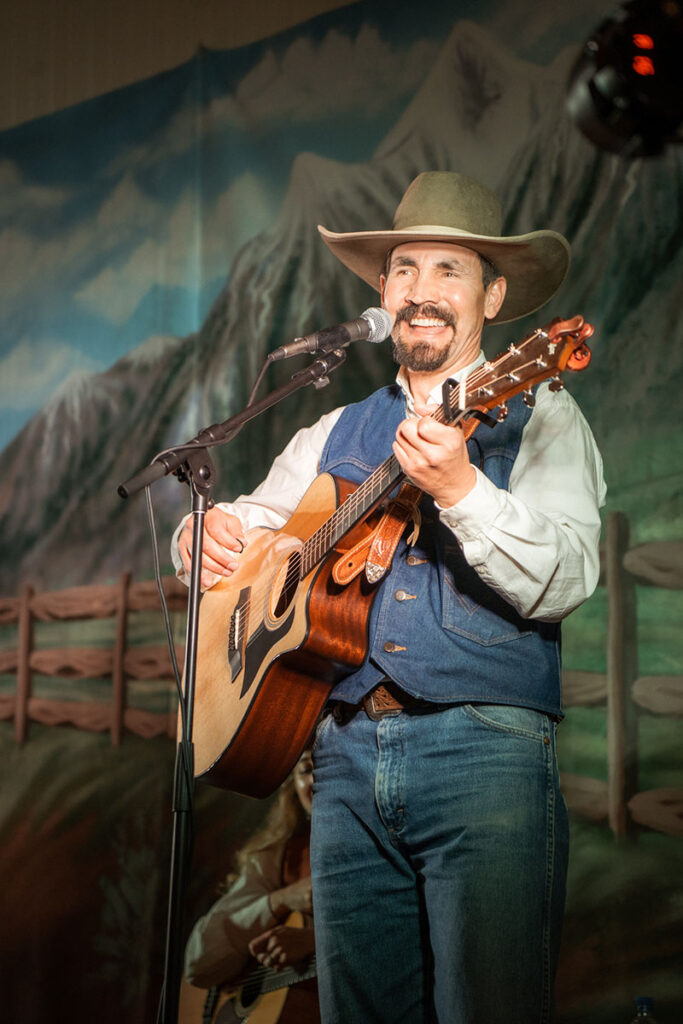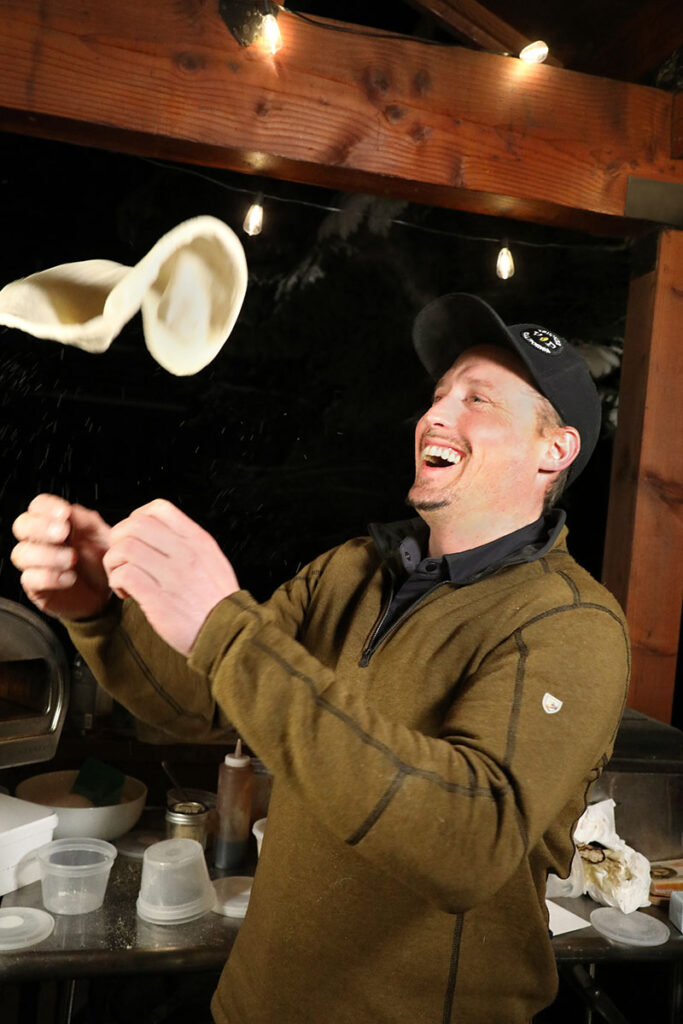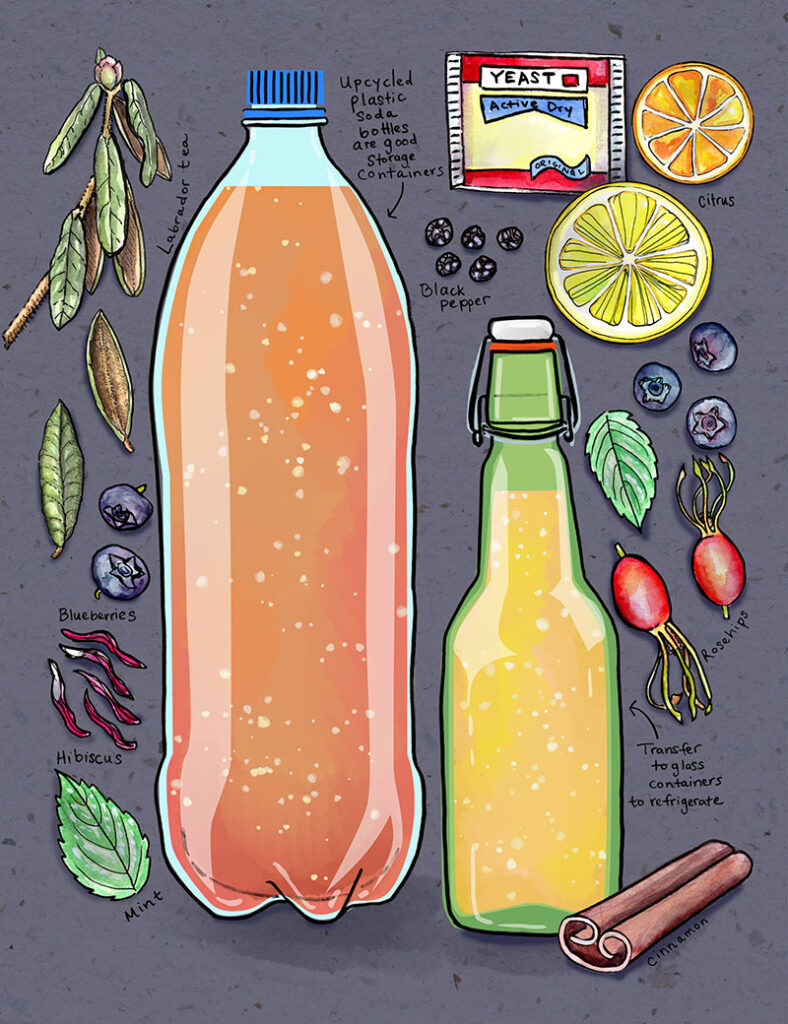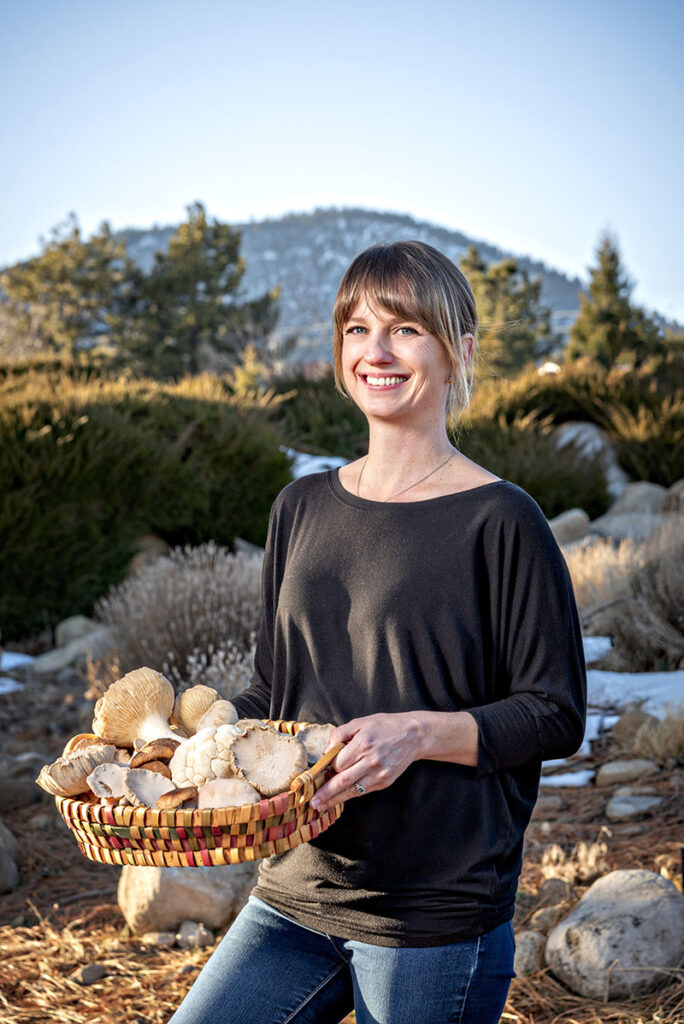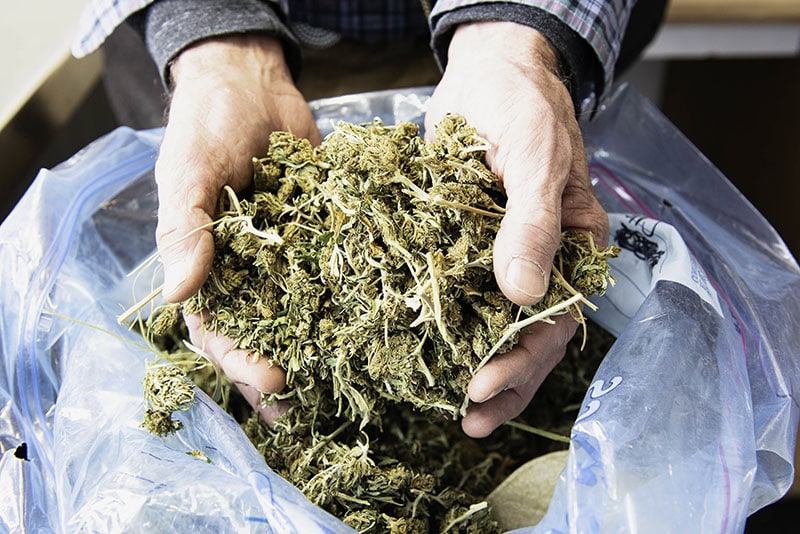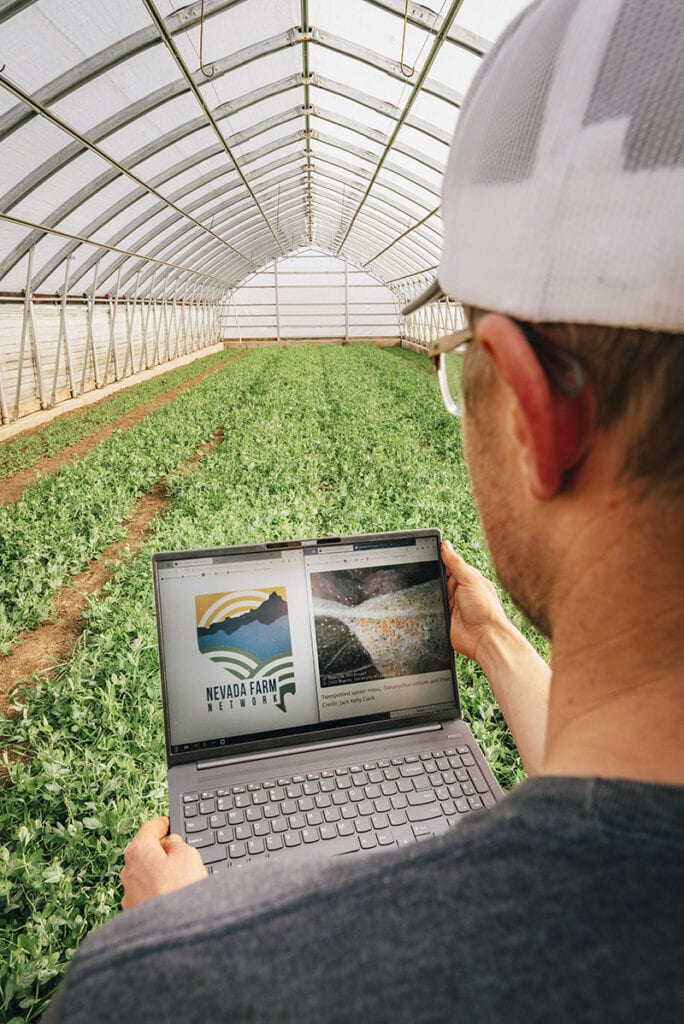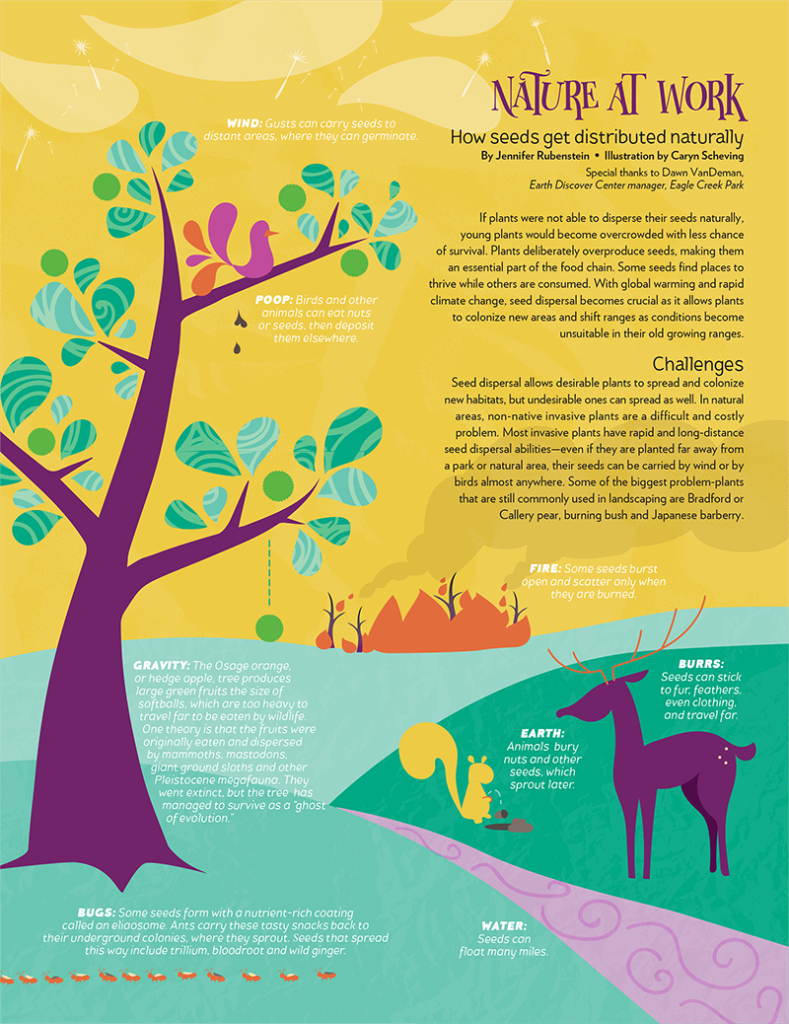Growing Talent
DFI apprenticeships make dreams come true for local agricultural entrepreneurs.
The Desert Farming Initiative is addressing the lack of local farms and farm workers by supporting a new generation of agricultural professionals through apprenticeships funded by the Nevada Agricultural Experiment Station and the University of Nevada, Reno.
Through DFI’s new Nevada Farm Apprenticeship Program, which launched in 2023, entrepreneurship-minded individuals from the community learn and work alongside industry professionals. The one-year intensive apprenticeship focuses on preparing individuals to jumpstart their own agriculture-related careers, bolstering the regional food system. Apprentices receive a living wage stipend to support them throughout the apprenticeship.
“We really want to provide a high-value experience and have people leave here with practical skills and knowledge that will lead to successful farming careers in the region,” says Jill Moe, director of DFI.
The apprenticeship program is the latest in a stream of programs hosted by DFI, a year-round organic fruit and vegetable demonstration farm whose mission is to advance climate-smart farming and food systems.
The Apprentices
The two current 2023-2024 apprentices, Jax Hart and Matt Catalano, were selected from a pool of 17 candidates. Catalano runs an urban mushroom farm in Reno named Rooted NV with his wife, Sarah (see “Seed Money,” also in this issue). He applied for the apprenticeship to learn how to expand his existing business and begin selling his culinary-focused produce to restaurants. Hart plans to specialize in the production of vegetables that are particularly high in nutrition, for organizations that assist with food insecurity.
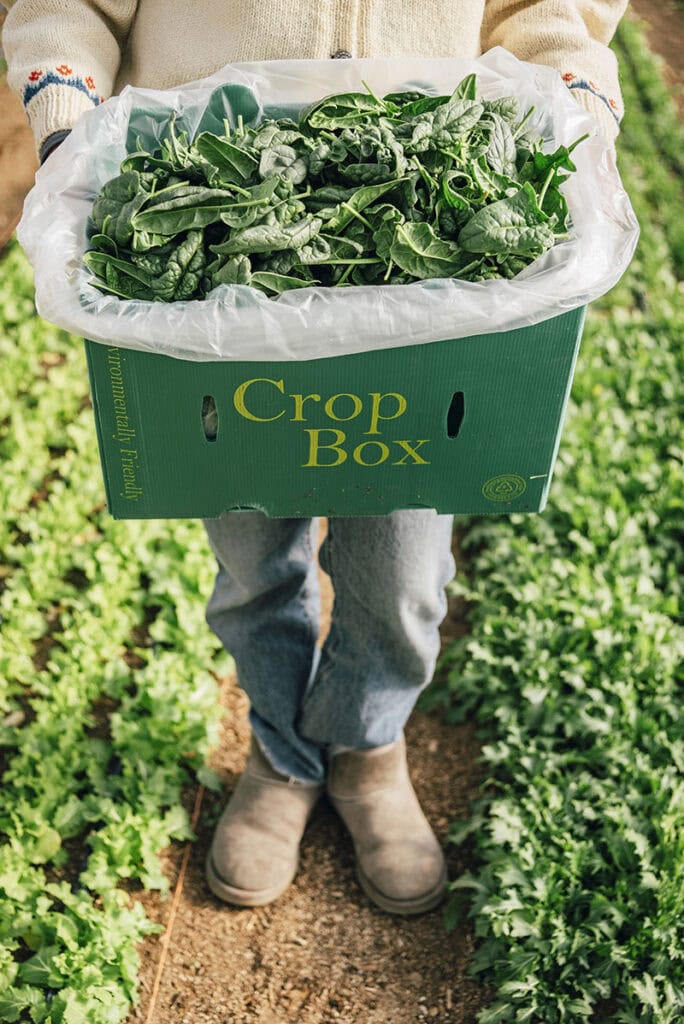
Through the program, Catalano and Hart are both able to shadow and work side-by-side with farm management staff while gaining skills and independence over time.
While the apprentices can be students, it’s not a requirement. In most cases they are local residents not enrolled at UNR who have a passion for agriculture. Candidates typically will be those who have enough educational or professional experience to know they want to pursue careers in farming but need more training. Candidates, in general, must demonstrate prior knowledge of the industry and provide information about their specific business or career goals.
DFI tailors the experience to each apprentice’s specific goals using available resources. Both students, for example, have access not just to the faculty at UNR’s College of Agriculture, Biotechnology, and Natural Resources and DFI’s certified-organic farm, but also to Northern Nevada partner farms that expand hands-on training opportunities. Apprentices are supported by the Nevada Small Business Development Center in Reno, and the Churchill Entrepreneur Development Association in Churchill County provides complementary agribusiness training.
Moe describes the apprenticeship as “a combination of horticulture, soil, and water resources; food systems; and business planning and management training that is not found elsewhere.”
Farm partners include well-established businesses from across the region, such as Holley Family Farms in Dayton, Custom Gardens Organic Farm in Silver Springs, Park Farm in Reno, Sierra Valley Farms in Beckwourth, and Lattin Farms in Fallon. The partner farms enable a greater breadth of training opportunities, including broader regenerative farming practices, insights into various specialty crops, and access to livestock, to fill any educational gaps and better serve individual apprentices.
“Leaders in small agriculture from the region have come forward to really support this endeavor,” Moe says.
Mighty Helpful Mini Farms
As part of the program, apprentices are provided with incubator, or mini farm, spaces at DFI’s demonstration farm, where they have the opportunity to refine their farming and business management skills. Then, they sell the produce grown on those mini farms, both wholesale and at local farmers’ markets. The revenue generated goes right back into the DFI-sponsored program and training of future apprentices.
This component of the apprenticeship not only gives beginning farmers places to learn about growing crops, but also how to market their businesses and conduct sales. Simultaneously, it provides an additional stream of funding to help continue the farm apprentice program after initial federal grant money, which lasts three years, runs out.
At the end of the program year (the current year concludes in September 2024), each participant will give a presentation to potential funders who may want to help by financially backing their farm businesses. The apprentices can use the experience and knowledge they have gathered from their apprenticeships to impress and secure funding from an audience of loan program officers, investors, and more. They also will receive certificates of completion from the U.S. Department of Labor that could help them gain access to professional opportunities or business loans.
The apprenticeship program is funded for two more years, and in the next program year, which begins in October, DFI plans to select three apprentices to participate.
To help support the program long term, DFI will work with partners to raise funds and develop revenue streams that will fund the program in the long term, in addition to the revenue generated by produce sales from the apprentice-run mini farms.
For details about what the Nevada Farm Apprenticeship entails and to apply, visit Naes.unr.edu/dfi/apprenticeship.aspx.

